Having a complete set of teeth is a crucial part of a beautiful smile. However, a full set of teeth is also necessary for overall oral health. We may think of aesthetic issues when it comes to missing teeth. But, missing teeth can cause more damage than the look of your smile. When teeth are missing, it can have a huge impact on the health of your jaw.

The Role of Teeth in Jaw Health
Teeth play a vital role in maintaining the health and stability of the jawbone. Each tooth is rooted in the jawbone. There, they function as an anchor. Your teeth provide the support and stimulation that your jaw needs to stay healthy. Without your teeth, the health and structure of your jaw can deteriorate.
When a tooth is missing, the jawbone in that area loses its stimulation. The lack of stimulation leads to bone resorption. This is where the jawbone begins to shrink and deteriorate over time. As a result, you may experience bone loss. This will compromise the overall structure and integrity of the jaw.
Without all of your teeth, the teeth adjacent to the gap left by a missing tooth may begin to shift or tilt. This is because the teeth try to fill the space. This can lead to bite problems and a lot of oral health issues.
The misalignment of the jaw due to missing teeth can disrupt the balance of the jaw joint, leading to TMJ disorders. These disorders can cause jaw pain and clicking or popping sounds. You can also have headaches and difficulty in jaw movement.
Finally, missing teeth can lead to a sunken or collapsed appearance on your face. This happens because the jawbone will deteriorate over time. This may cause premature aging and changes in facial structure.
Restoring the Balance
To avoid these issues, you can choose from many restorative options. For example, many consider dental implants as the gold standard for replacing missing teeth. They mimic the structure and function of natural teeth. They provide stimulation to the jawbone and prevent bone loss. Dental implants also restore the ability to chew, speak, and smile with confidence.
Another option for those not wanting surgery is dentures. Partial or complete dentures can replace multiple missing teeth. While they may not prevent bone loss, they provide support to the surrounding teeth and help maintain proper chewing function.
For a more stable solution, you can consider dental bridges. A dental bridge consists of one or more artificial teeth that bridge the gap left by missing teeth. The bridge anchors to the adjacent teeth. This restores function and prevents neighboring teeth from shifting.
In cases of significant bone loss, your dentist may recommend a bone grafting procedure. This involves adding bone graft material to the affected area to stimulate bone growth. As a result, it will create a stable foundation for dental implants or other restorative solutions.
